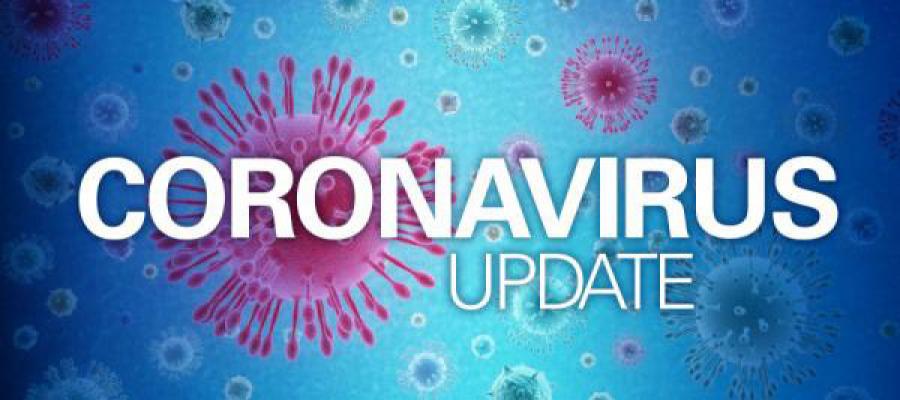CDC updates guidance for COVID-19 testing, health care personnel

The Centers for Disease Control and Prevention over the weekend updated its guidance for evaluating and testing patients for novel coronavirus (COVID-19), and for assessing and managing health care personnel with potential exposure to patients with the virus.
The documents prioritize testing for symptomatic older adults and individuals with chronic medical conditions and/or immunocompromised, and update recommendations for health care professional contact tracing, monitoring and work restrictions, among other changes.
According to CDC, novel coronavirus cases have now been reported in 34 U.S. states, with worldwide cases topping 110,000 over the weekend. The agency is focusing its community recommendations on individuals at high risk, such as older adults and those with underlying health conditions.
The Department of Health and Human Services’ Biomedical Advanced Research and Development Authority Friday solicited proposals for advanced development and licensure of COVID-19 diagnostics, vaccines, and medicines such as therapeutics or antivirals.
As the outbreak continues, the AABB Interorganizational Task Force on Domestic Disasters and Acts of Terrorism, of which AHA is a member, is concerned about the possibility of blood shortages and is encouraging Americans to make and keep blood donation appointments and organized blood drives to minimize supply disruptions and ensure availability for patients.
To improve the nation’s supply chain for critical supplies needed to fight the virus, the Trump administration is allowing tariff exception requests for suppliers of a broad range of medical products from China, including face masks and gloves. Without an exception, such products are subject to a 7.5% duty under Section 301 of the Trade Act of 1974. One supplier, Medegen Medical Products, LLC, requested an exception for single-use polypropylene medical masks to provide personal protection for health care workers. The move follows an announcement by the Chinese government encouraging the exportation of personal protective equipment, including protective suits.
Following last week’s CMS update on coronavirus payment and coverage through federal entitlement programs, private payers are beginning to adjust their policies. Blue Cross Blue Shield’s 36 individual plans said they are eliminating prior authorization for COVID-19 services; covering the full cost of diagnostic tests for COVID-19; increasing access to prescription medications; and expanding access to telehealth and nurse/provider hotlines.

